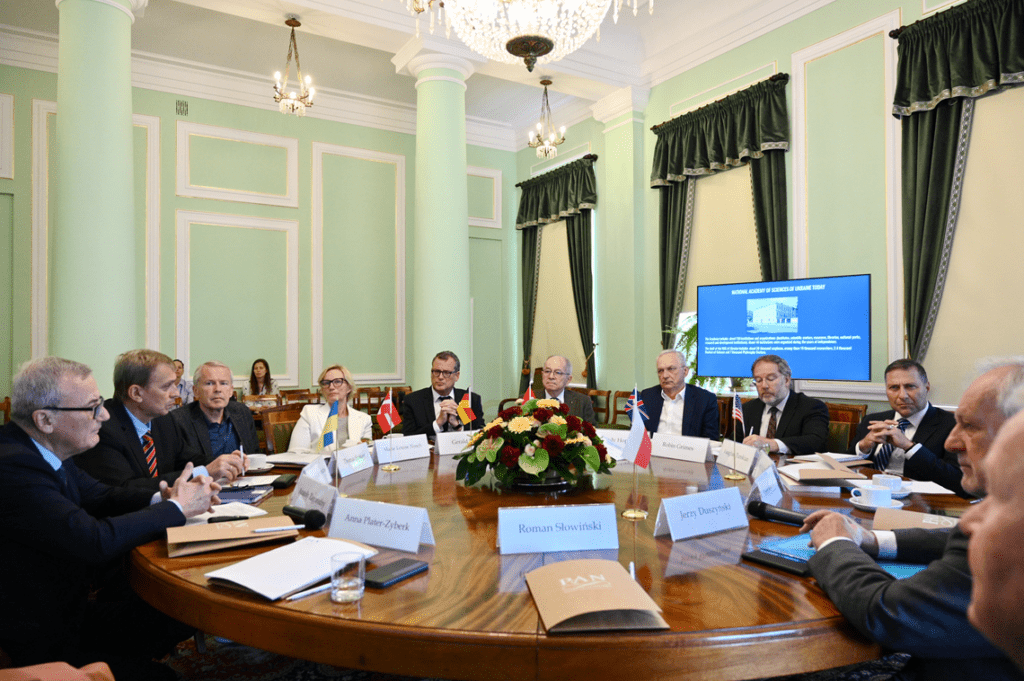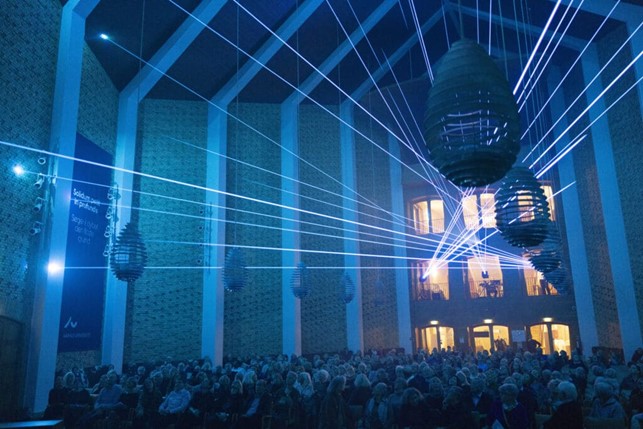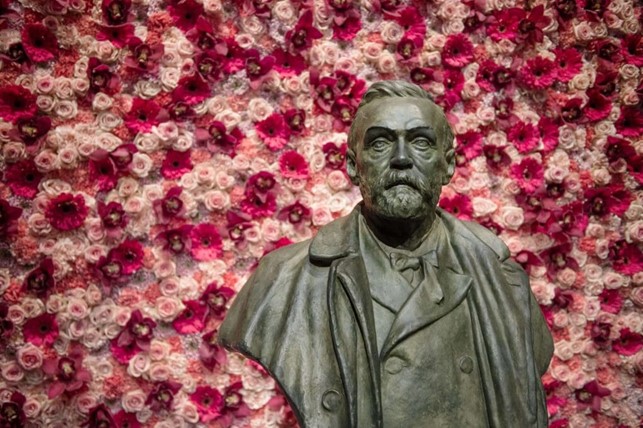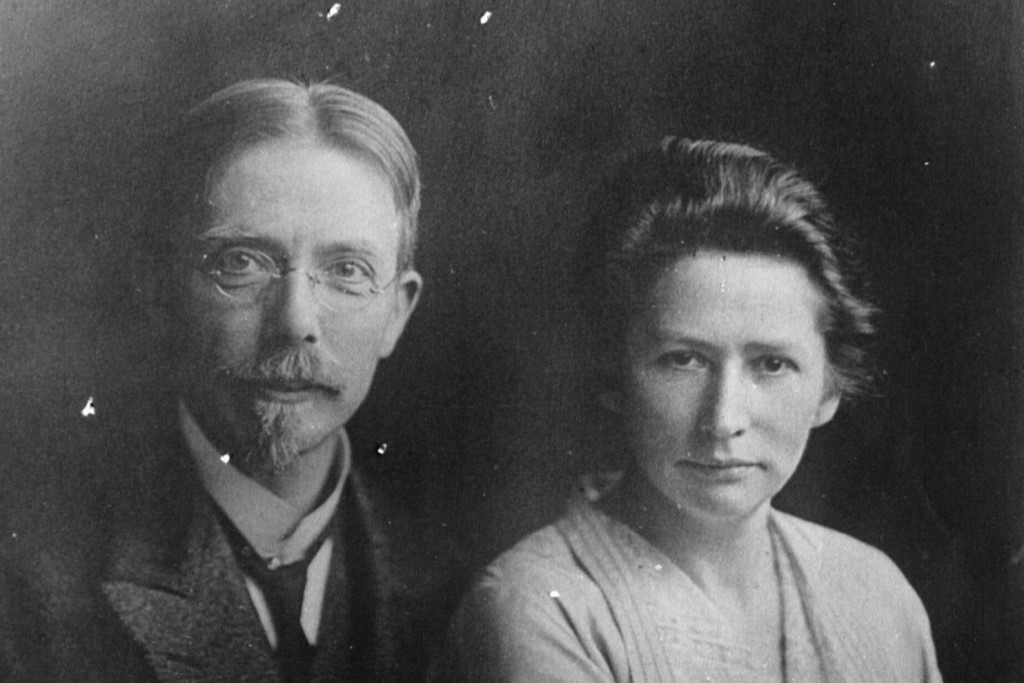International meeting
Science academies joins forces to support Ukrainian researchers

Academies have joined forces across national boundaries to support vulnerable researchers from Ukraine. At a meeting in Warsaw on 2 June 2022 a ten-point plan of action was drawn up aimed at specifically helping young researchers. The plan has just been published in the scientific journal Science.
By Rikke Reinholdt Petersen
Representatives from academies in various countries recently came together in Warsaw to discuss ways of helping Ukrainian researchers. Among the participants were the National Academy of Sciences USA, the Royal Society in London, the German National Academy of Sciences Leopoldina, the Polish Academy of Sciences, the National Academy of Sciences in Ukraine, All European Academies (ALLEA), and the Royal Danish Academy of Sciences and Letters. The goal was to lay the foundation for a sustainable plan to help vulnerable researchers from Ukraine both immediately and in the longer term. The plan proposed 10 areas of action and has just been published in the international scientific journal Science.
“[NA1] There is a broad consensus across the academies that we need to find means of cooperation on rebuilding a strong system for research, teaching and innovation in Ukraine. But this has to be done in a way that gives the country and its people long-term security and stability,” says Marie Louise Nosch, President of the Royal Danish Academy of Sciences and Letters.
She points out that, apart from the question of a sustainable, long-term strategy, the academies also had another focus:
”The most vulnerable are the younger researchers, most of them women, who have not established themselves in the academic environment to the same extent as their more senior colleagues. This group has to be given special attention and prioritised in our planning,” emphasises Nosch. Together with Secretary-General Thomas Sinkjær she represented the Royal Academy at the meeting in Poland.
The academies’ recommendations are based on the conclusions of the Warsaw meeting and flesh out the areas of action and strategic measures for helping researchers from Ukraine. They are primarily directed at transnational research environments. Read more about the ten points from the action plan on the website of the National Academy of Sciences USA or see full article in Science.
Find out more about initiatives to help vulnerable researchers in Ukraine.


